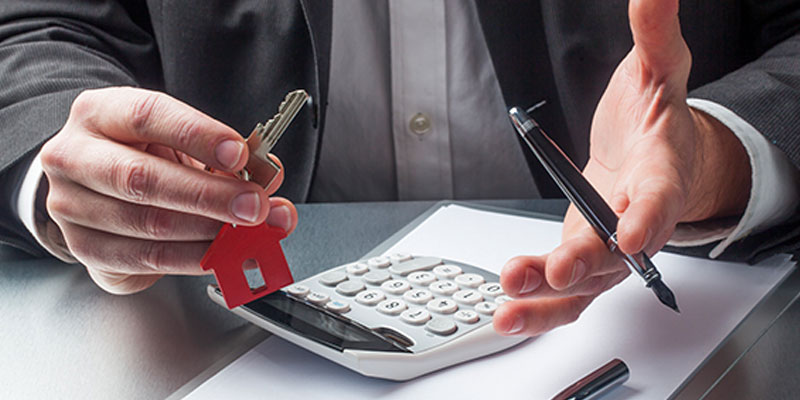Table of Contents
With the main purpose of deferring capital gains taxes, 1031 exchanges have become increasingly popular in recent years. If you are planning on conducting a 1031 exchange, it is important to choose a qualified advisor to help you through the process. However, with so many options available, it can be difficult to know how to choose the right advisor.
This article will cover the top tips for choosing a 1031 exchange advisor so that you can be confident in your decision.
What is a 1031 Exchange?
A 1031 exchange, also known as a like-kind exchange or a Starker exchange, is a method of selling one investment property and acquiring another without having to pay capital gains taxes on the sale of the first property.
In order to defer the payment of capital gains taxes, the investor must reinvest the proceeds from the sale of the first property into a “like-kind” property of equal or greater value. The exchange must be completed within a certain time frame, and there are strict rules that must be followed in order for the exchange to be valid.
Why Use a 1031 Exchange Advisor?
it is possible to conduct a 1031 exchange without the help of an advisor, it is not recommended. The rules surrounding 1031 exchanges are complex, and the consequences of not following the rules can be significant.
A qualified 1031 exchange advisor will have a thorough understanding of the rules and regulations surrounding 1031 exchanges and can provide guidance throughout the process to ensure that everything is done correctly.
They can also help to identify potential properties that meet the requirements for a 1031 exchange and provide advice on how to structure the exchange in order to minimize taxes.
Choosing a 1031 Exchange Advisor
When choosing a 1031 exchange advisor, it is important to consider their experience, qualifications, and reputation.
It is also a good idea to ask for references from other investors who have used their services.
Here are some other things to keep in mind when choosing a 1031 exchange advisor:
Make Sure to Choose an Experienced Advisor
With all of the rules and regulations surrounding 1031 exchanges, it is important to choose an advisor who has extensive experience with this type of transaction.
Ask about their past experiences and try to get a sense of how well they understand the process. A good advisor should be able to answer all of your questions without hesitation.
Check Their Qualifications
There is no formal education or certification required to become a 1031 exchange advisor, but there are certain qualifications that can give you peace of mind.
Ideally, you should choose an advisor who is a member of the International Association of Qualified Intermediaries (IAQI) or has earned the Certified Exchange Specialist (CES) designation.
These organizations have strict standards for membership and require their members to adhere to a code of ethics.
Consider Their Reputation
When choosing an advisor, it is also important to consider their reputation. Ask around and see if you can find any reviews or testimonials from other investors who have used their services.
You can also check their Better Business Bureau (BBB) rating to see if they have any complaints on file.
Get Everything in Writing
Once you have chosen an advisor, be sure to get everything in writing. This includes their fees, the services they will provide, and the timeline for the exchange.
This will help to avoid any misunderstandings down the road and will give you something to refer back to if there are any issues.
Making the Most of Your 1031 Exchange
A 1031 exchange can be a great way to defer taxes on the sale of an investment property, but it is important to choose the right advisor to help you through the process.
Some additional 1031 exchange tips include:
The law requires that you identify potential replacement properties within 45 days of selling the original property.
You must close on the replacement property within 180 days of selling the original property.
There are strict rules that must be followed in order for the exchange to be valid, so it is important to work with an experienced advisor.
Make sure to get everything in writing and to understand the fees and services that will be provided.
By following these tips, you can help ensure that your 1031 exchange goes smoothly and that you minimize your tax liability.
How to Find an Advisor
The best way to find an advisor is through a referral from someone you trust.
You can also check the website of the International Association of Qualified Intermediaries (IAQI) or the National Association of Realtors (NAR) for a list of qualified advisors in your area.
Once you have a few names, you can then check their qualifications and reputation to narrow down your choices.
A 1031 exchange can be a great way to defer taxes on the sale of an investment property, but it is important to choose the right advisor to help you through the process.
Some key things to remember when choosing an advisor include their experience, qualifications, and reputation. It is also important to get everything in writing and to understand the fees involved.
There are numerous resources available to help you find a qualified advisor in your area. By following these tips, you can help ensure that your 1031 exchange is a success.

